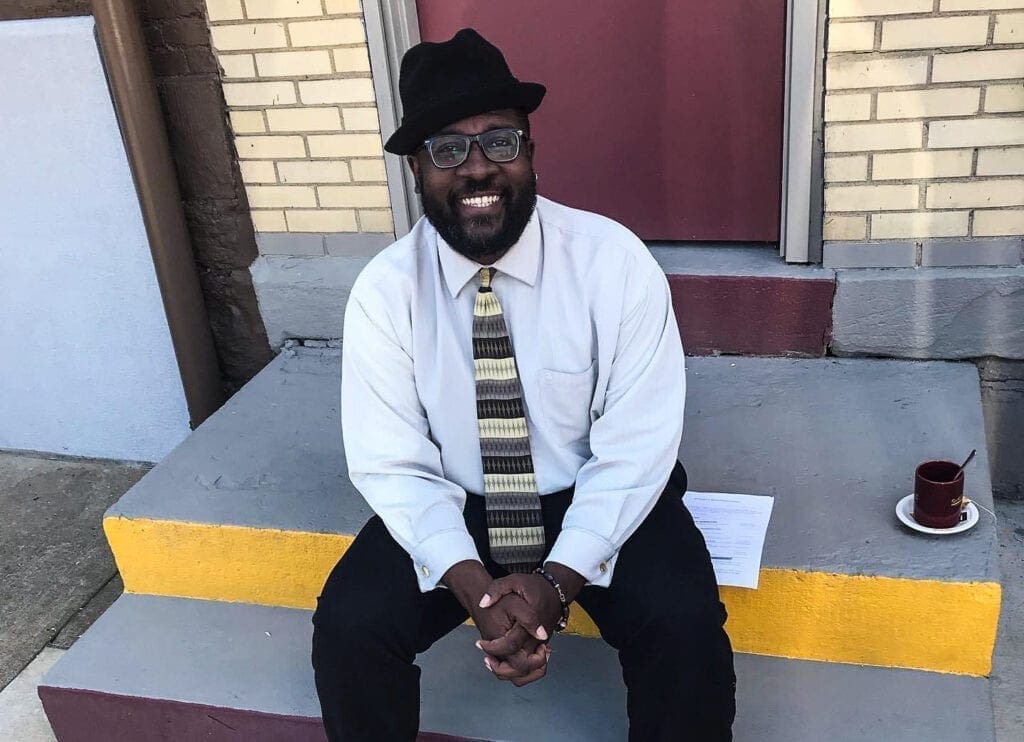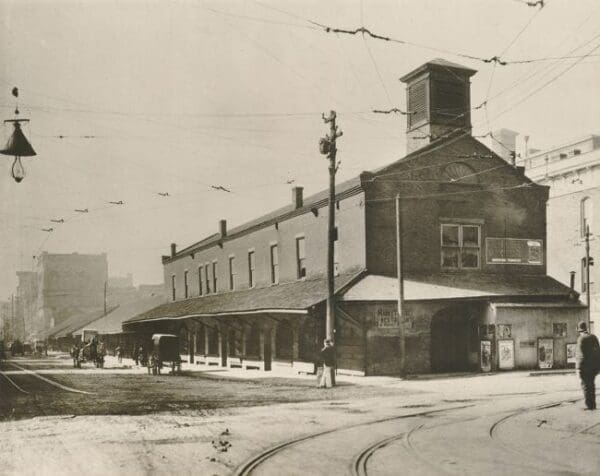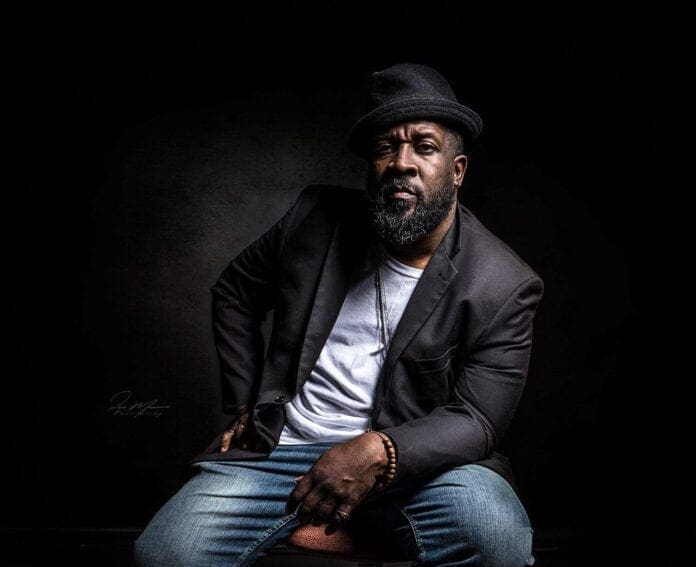Most people recognized the names Thomas Edison, Alexander Graham Bell, and Benjamin Franklin for inventing the lightbulb, the telephone, and the lightning rod, respectively, but what about Garrett Morgan, Frederick McKinley, and Alexander Miles?
Morgan gave us the three-light traffic light we know today; McKinley created the first refrigerated truck; and Miles developed those elevator doors that magically open once the selected floor is reached.
“It’s because of the way history has been taught,” explained Ron Scott, the cultural diversity and community outreach director for the Wheeling YWCA. “Some people were made to be more important than others. That’s just how it worked.”
That is why during February, Scott will concentrate on a simplified message when he meets with local school children and community organizations during Black History Month. Each year, the community outreach director is invited to address students and local residents to reveal historical nuggets that involve important contributions and not just the battle for equality.
“And they always say, ‘The floor is yours,’ and I do appreciate that very much,” Scott said. “But I believe we have reached a point that people should realize that we’ve all been in this together.”

The Lesson to Learn
There were separate schools, restrooms, and even restaurants, and that was to purposely separate Americans based on the color of their skin.
It did not matter that everyone had hearts and lungs and legs and human brains. Nope; the social injustices were all about skin.
“It seems to be a matter of perception and perspective when it comes to black history, but there are really not many differences when it comes to human beings. We are living in the same world,” Scott said. “But at the same time, it seems that some accomplishments by black people in the past have been discounted or just left out. But there have been black folks involved with almost every breakthrough that anyone can think of in American history.
“That’s why I think the perception most people have today is that black people have simply been absent when it comes to those kinds of contributions, but that’s not accurate at all,” he said. “That’s why black history doesn’t just involve black people. It involves everyone. It’s our history.”
Too often, though, the concentration is on slavery, emancipation, resistance, and racism.
“That’s why I believe black people are more known for fighting for our rights than anything else, but the black race has been about much more than activism,” Scott explained. “But that’s what most people are taught. They learn about Rosa Parks and Dr. Martin Luther King, but the African American story in America is so much more than fighting for our rights.
“Now, our fight for civil rights in an important piece in history, but there’s so much more,” he said. “When I speak to students, we talk about the inventors of the past, but we also talk about acceptance and about the history of differences, and those talks have gone very well because the kids have been very eager to learn and to participate in those conversations.”

The 35th State
The city of Wheeling is the only municipality in the United States ever to serve as the capital city of two states, and that fact was made possible because of the successful effort to separate from the state of Virginia on June 20, 1863.
There were several reasons for the split, and ending slavery most definitely was one of them, but Scott believes many of today’s Wheeling residents are not aware of the city’s history with the buying and selling of black people.
“Most people who live in Wheeling now believe this city wasn’t a place where people had slaves and where slaves were not bought and sold, but that’s just not true,” he said. “There were slave auctions in downtown Wheeling, and many residents did own slaves. Those are the real facts.
“So, we can talk about those things, but we can also talk about Marion Anderson’s roots here in Wheeling, and we can talk about Oglebay Park being one of the only places that would allow Author Ashe to play tennis,” he said. “The complete history of Wheeling is not all good, and it’s not all bad. It’s just a complete history, and that’s how it should be taught.”
But it is, right? During the month of February?
“Sure it is, and that is only frustrating to me when I look at it in the grand scheme of things,” Scott said. “But Black History Month has been a thing for a while now, and black people have not found a way yet to make it unnecessary. Instead, it just seems as if when February rolls around, everyone wants to talk about black history.
“But see, black history could be and should be incorporated in the lessons kids learn at school, but that hasn’t happened just yet,” he added. “But change comes slowly. We’ve all found that out.”


